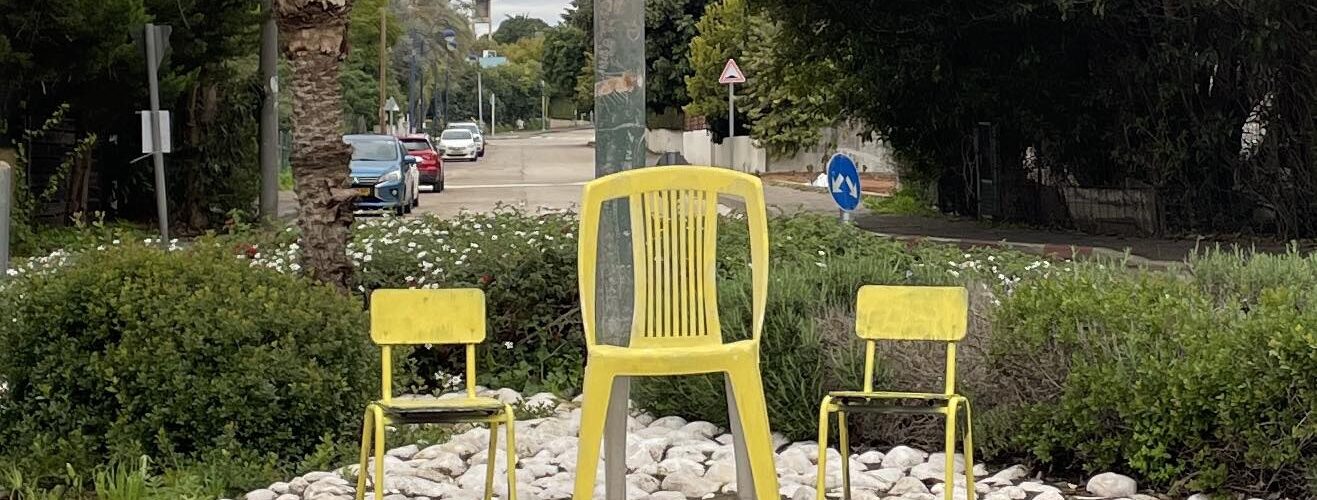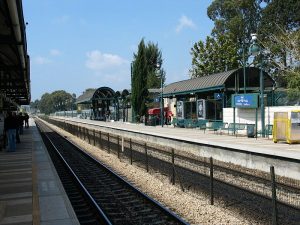Sometimes you hear a blast, but other times, the first thing you hear is a siren. You pause. You wait. Do you hear another siren, perhaps several? And then you sigh sadly and pick up the telephone to place a round of calls, because you know that more than one siren usually means a terror attack has taken place and you need to make sure that everyone is accounted for.
Sometime in either 2001 or 2002, during the height of the second Intifada, I upgraded my cell phone package so that I’d be able to make international calls. I was working in Netanya at the time – a preferred target of terrorists due to its relatively close proximity to the Green Line – and needed to be able to ring my parents in the US whenever an attack occurred somewhere close by; I wanted them to hear the news from me first. Those were frightening, stressful days, when lunchtime venues were selected based on whether there was a security guard at the door (and we were all quite happy to add an extra shekel or two to the bill to ensure that the guard remained) and people eyed each other warily in the streets, looking for signs that something might not be quite right – perhaps someone wearing a jacket or coat on a warm day or carrying what looked to be an unusually heavy bag.
Adding to my stress was the fact that bombs were also exploding around the area in which I lived (and still live). Not only was Hadera – another frequent target of attacks – only 10 minutes away, but buses and shared taxis were exploding on the main highway that passes near our home. And these weren’t even my closest brushes with terror. Once I missed a bombing at my train station by mere minutes, finding out what had happened from friends and relatives calling to find out where I was, knowing that I was often at the station at that time, waiting to be picked up. Another time, I waited for a bus at a bus stop in Tel Aviv, where 24 hours later, a suicide bomber blew himself up.
But there are probably very few Israelis who haven’t somehow been touched by terror, either directly or indirectly. Everyone has their stories, their close calls. Everyone knows someone who has been a victim, or maybe they’ve even been a victim themselves. The degrees of separation are few. I and my experiences are by no means unique, and I’m quite certain that the feelings I experienced upon hearing of Wednesday’s terror attack in Jerusalem were not unique either. For those of us who lived through the terror attacks of the 90s and the second Intifada, there was a palpable, depressing sense of déjà vu, made even worse by the escalation in rocket fire from Gaza and other terror attacks in recent days and months. We continue to go about our business because this is what we do – and quite resolutely at that – but our determined state of normalcy is accompanied by uncertain thoughts of what may lie ahead in the days and months to come, hoping that the future will not be reminiscent of the dark, violent days of the past.

